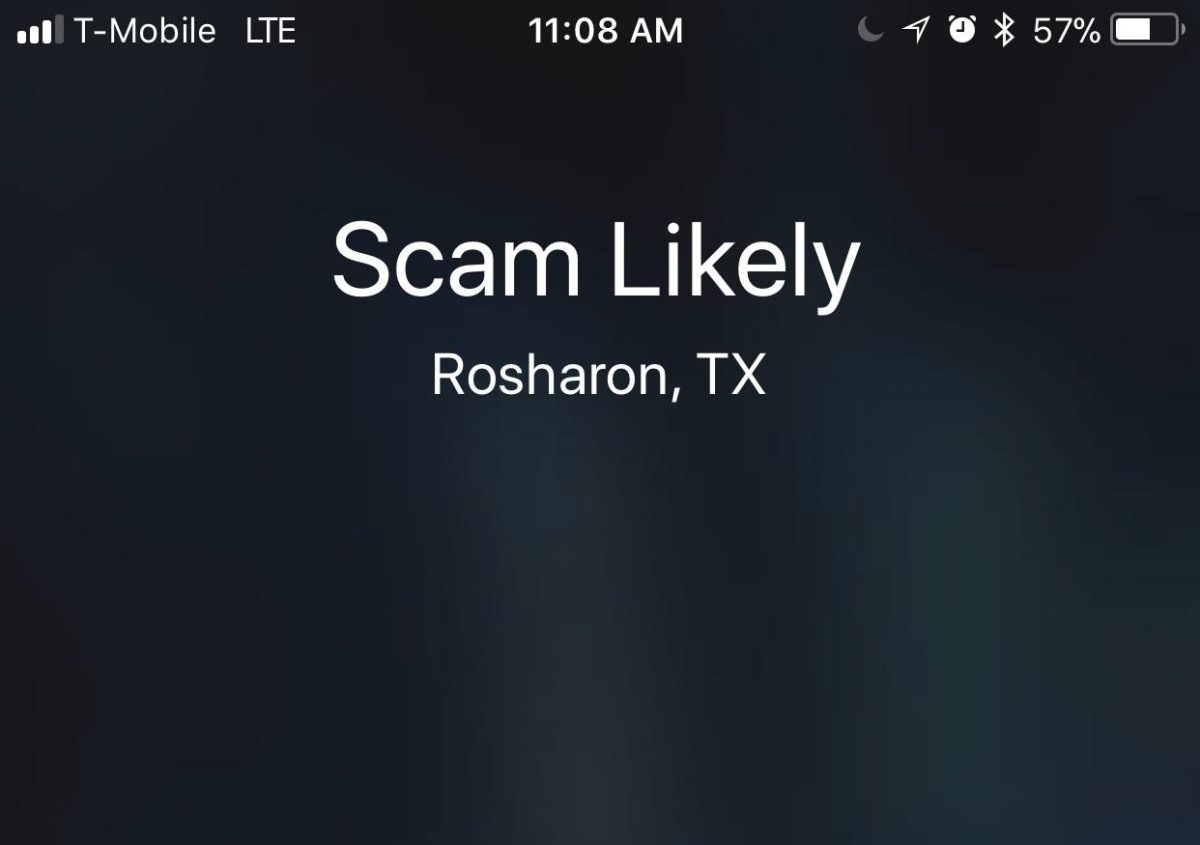Marylyn4pd47382 wants to follow you.
You look at the request and the message following it.
You delete both thinking you’d never be stupid enough to fall for something so simple. You laugh when your mom tells you that grandma gave her credit card information to an obvious scam and tell yourself that you are too smart to do that.
But 10 minutes later you go online to buy a shirt that you saw on an Instagram ad, and when it arrives, it’s way too small and even worse quality than you thought possible.
You fell for it. You fell for one of the many scams overrunning the internet. Instagram, TikTok, Facebook — all can be breeding grounds for scams and hacks.
Sophomore Emma Sharp experienced this firsthand, with a random message from a seemingly safe friend of a friend.
“About a year after I had Instagram, [the friend] had messaged me and said click on the link,” Emma said. “Whoever it was hacked my Instagram account, and I wasn’t able to make another Instagram account for almost a year.”
Teenagers and young adults often think that they are immune to scams and other cons, but in reality, they are 86% more likely to fall for online shopping scams according to the Federal Trade Commission. Freshman Treyden Greene experienced this when someone stole his mother’s credit card information.
“My mom got her Cashapp and had to go to the bank and dispute the charges,” Treyden said. “She was trying to send someone money and they took her information.”
A similar thing happened to senior Sarah Richardson.
“I got an ad on TikTok for Brandy Melville. I’ve been kind of wanting one of the sweatpants, so I bought them,” Sarah said “A few months later, my mom had to call the bank and we had to shut down my card. I did get the pants and they’re terrible.”
The majority of the students at PGHS have dealt with hacks or scams in one way or another. Students like junior Carson Caler have gone through this kind of thing more than once.
“My Instagram account has been hacked multiple times but I always managed to get it back because the people who hacked are not that smart,” he said.
Unlike students, faculty have been trained to spot these kinds of scams, especially fake websites and scam emails.
“Students lack the experience and training to identify safe to-visit websites,” district network technician Brandon Henson said, “Lots of these fake websites look so real that students have a hard time determining if they are safe or not.”


